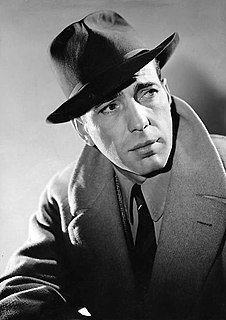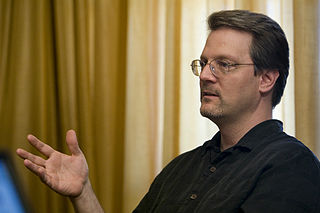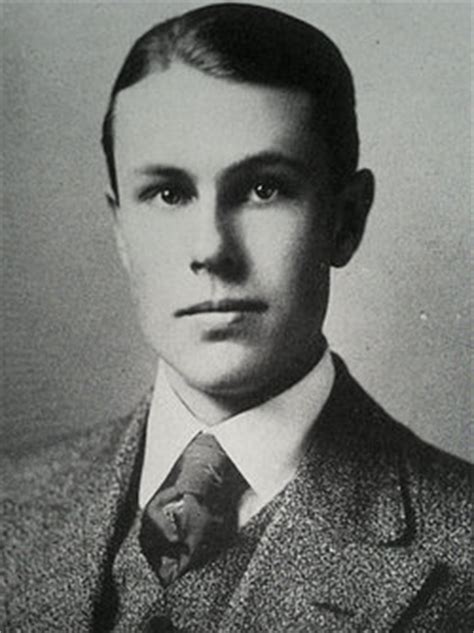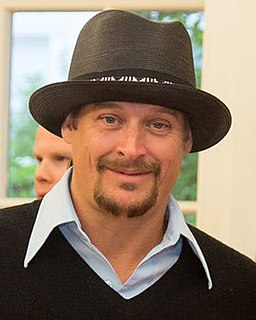A Quote by John Lanchester
In the world where people with money overlap with restaurants and try to work out how to make more money, one of the things they talk about is the desire to find 'the new pizza.' This means a new mass-market product that can be made quickly and eaten both on the premises and as a takeaway.
Related Quotes
Interesting thing that is happening in American society is that people are starting to talk about money. I don't know how you feel about this, but for a long time, nobody was talking about money. It was a secret. And it's kind of very interesting because we do lots of stuff to portray to people about how much money we have, the clothes we wear and the cars we have and the house - they all kind of depict to other people, signal how much money we make, but we don't talk about it specifically.
The goal of a private company is, first, zero to one. Get past the product market fit, figure out whether people actually care about what you're trying to build and someone will pay you money for that. That's the zero to one problem. So scaling, one through N, is figuring out can you do that at scale and how big is the scale. And when people pay you more than what it costs for you to make it, does that equation end up leaving you with money left over, i.e. profits.
Money is part of how we move through the world, what stores and restaurants we go into, whether we take a train to the airport or a taxi. Describing characters living in the real world requires describing them engaging with money. There are also so many emotional aspects to money - feelings of inadequacy, feelings of security. I am not sure if there needs to be more about money in fiction, but the absence of this aspect can make a story feel somehow frictionless and unreal.
To walk in money through the night crowd, protected by money, lulled by money, dulled by money, the crowd itself a money, the breath money, no least single object anywhere that is not money. Money, money everywhere and still not enough! And then no money, or a little money, or less money, or more money but money always money. and if you have money, or you don't have money, it is the money that counts, and money makes money, but what makes money make money?
Making money isn't the main point of business. Money is a by-product.... A new product has been found, something of use to the world. A new industry moves into an undeveloped area. Factories go up, machines go in and you're in business. It's coincidental that people who've never seen a dime now have a dollar and barefooted kids wear shoes and have their faces washed. What's wrong with an urge that gives people libraries, hospitals, baseball diamonds and movies on a Saturday night?
I've sat in so many meetings where they talk about converting movies to 3D just for the China market and just to make more money. I saw that people in China work long, long hours and that it's expensive to go to the movies, and you want to rip them off for even more money? I don't think that's right.
If you could distill this down to a single principle its that the best marketers in the world know MARKETS first and foremost, and secondly they're students of MARKETING. It's more important to know a MARKET than to know MARKETING, and I teach people MARKETING! And so, as far as this seminar is concerned, it's all about knowing a market, and it's so thorough that even if you don't have personal experience in that market you can still go into it and find out, what are the things that people will pay money for!
When I say the economy is shrinking, it's the economy of the 99%, the people who have to work for a living and depend on earning money for what they can spend. The 1% makes its money basically by lending out their money to the 99%, on charging interest and speculating. So the stock market's doubled, the bond market's gone way up, and the 1% are earning more money than ever before, but the 99% are not. They're having to pay the 1%.
The depression was the calculated 'shearing' of the public by the World Money powers, triggered by the planned sudden shortage of supply of call money in the New York money market....The One World Government leaders and their ever close bankers have now acquired full control of the money and credit machinery of the U.S. via the creation of the privately owned Federal Reserve Bank.
In short, the early receivers of the new money in this market chain of events gain at the expense of those who receive the money toward the end of the chain, and still worse losers are the people (e.g., those on fixed incomes such as annuities, interest, or pensions) who never receive the new money.






































